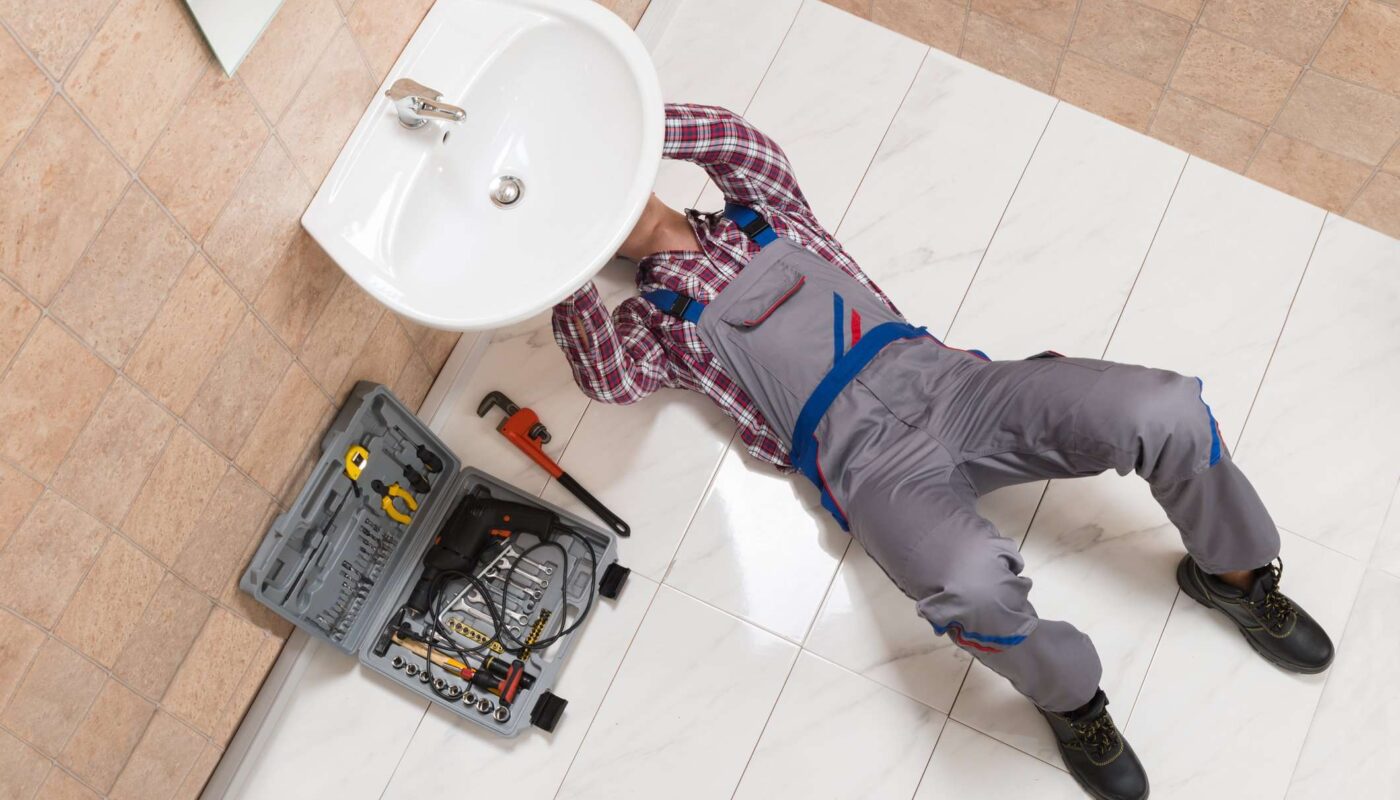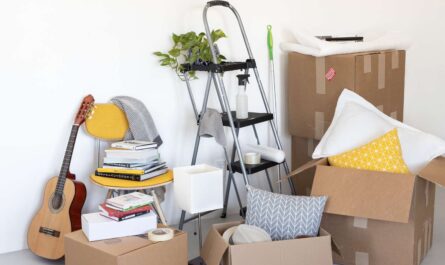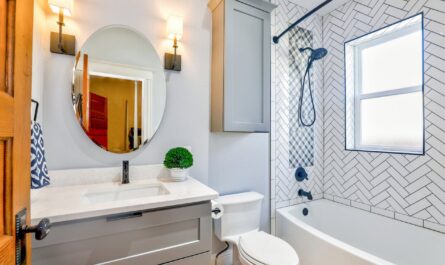Drain clogs can often be prevented with just a few easy steps. Homeowners can save money, stress, and time by knowing what can and cannot go down their sink drains, maintaining regular cleaning schedules, and using tools such as plungers or snakes to unclog drains.
One of the best preventive measures is installing a removable sink grate to keep non-liquid materials from getting trapped in pipes and creating blockages.
For more helpful tips on preventing drain clogs and ensuring a hassle-free plumbing experience, check out the advice from Clover Services.
Page Contents
1. Clean your drains regularly
An effective way to prevent drain clogs is through regular drain maintenance and cleaning using boiling water, ideally once every week. Doing this helps dissolve organic food waste such as coffee grounds, eggshells, and starchy foods like pasta and rice that accumulate over time in pipes, leading to potential clogging issues.
Use enzymatic drain cleaners once every month and vinegar twice annually to effectively combat grease build-up in your drains, maintain fresh and pleasant-smelling drains, and save yourself from costly plumbing service calls!
Taking these simple preventive steps saves you some severe costs down the line. Avoid pouring other chemicals down your drains that could contribute to further issues with drains.
2. Don’t wash household debris down the drain
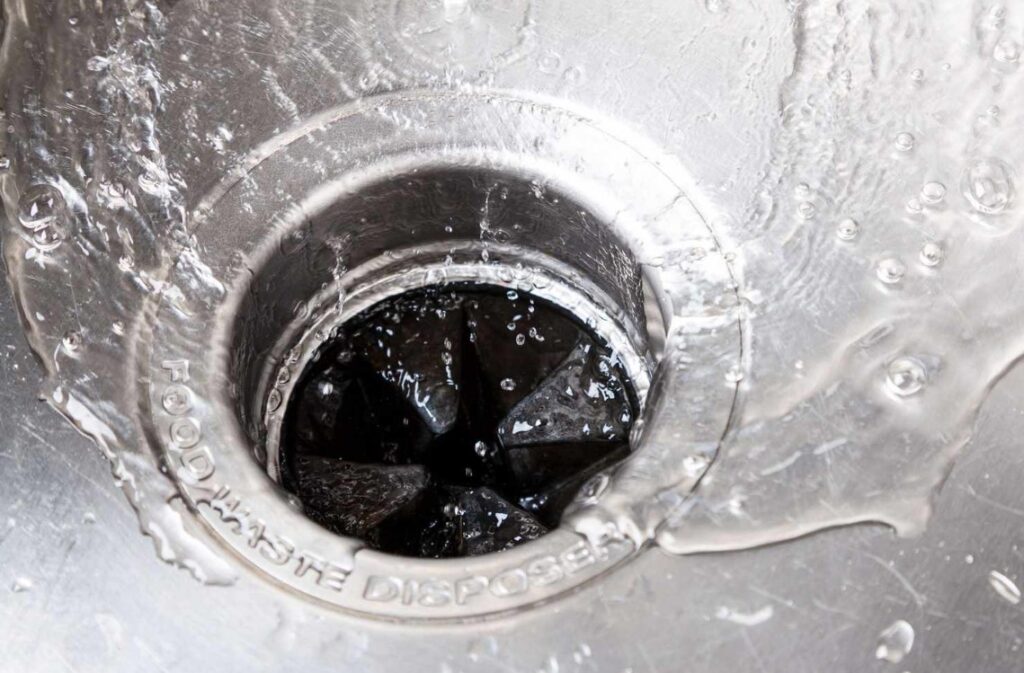
Hair, soap residue, food scraps, and feminine hygiene products can become lodged in your drains and cause them to clog over time, creating frequent clogs in your sink and leaving you spending Saturday plunging.
Keeping these items out of your sink can help avoid frequent clogs and spend less time plunging or snaking!
You can also avoid them by keeping trash cans or compost pails near sinks and drains to act as catch-alls for food waste, cleaning products and other household debris; investing in an auger snake to clear stubborn clogs yourself without risk to plumbing pipes!
3. Don’t pour toothpaste down the drain
Instead of pouring toothpaste down the drain, scoop it out and dispose of it in the garbage can or toilet. Toothpaste is one of the main culprits behind bathroom drain clogs, and using this simple trick to prevent these clogs may prevent further ones.
Toothpaste may do wonders for your gums and breath, but it can damage sink pipes. Toothpaste forms sludge, which quickly clogs drain pipes – if possible, try to rinse or wipe away any large globs before they wash down the drain.
4. Don’t wash hair down the drain
Hair is one of the leading causes of bathroom sink clogs. While shaving in the bathtub or shower may be convenient, any hair shed during shaving could find its way into your drain eventually and cause it to accumulate around existing deposits or trapped items, resulting in a full-on clog that requires professional assistance to unclog.
Stay ahead of this problem by routinely clearing away hair from your shower and sink drains after every wash/shave, or installing a mesh drain strainer may help alleviate this issue.
Moreover, pour one cup of vinegar and baking soda down to the drain and allow it to fizz for several minutes before using a bent wire coat hanger to pull apart any clumps of hair and gunk that form in its path.
5. Use a Sink Grate or Strainer
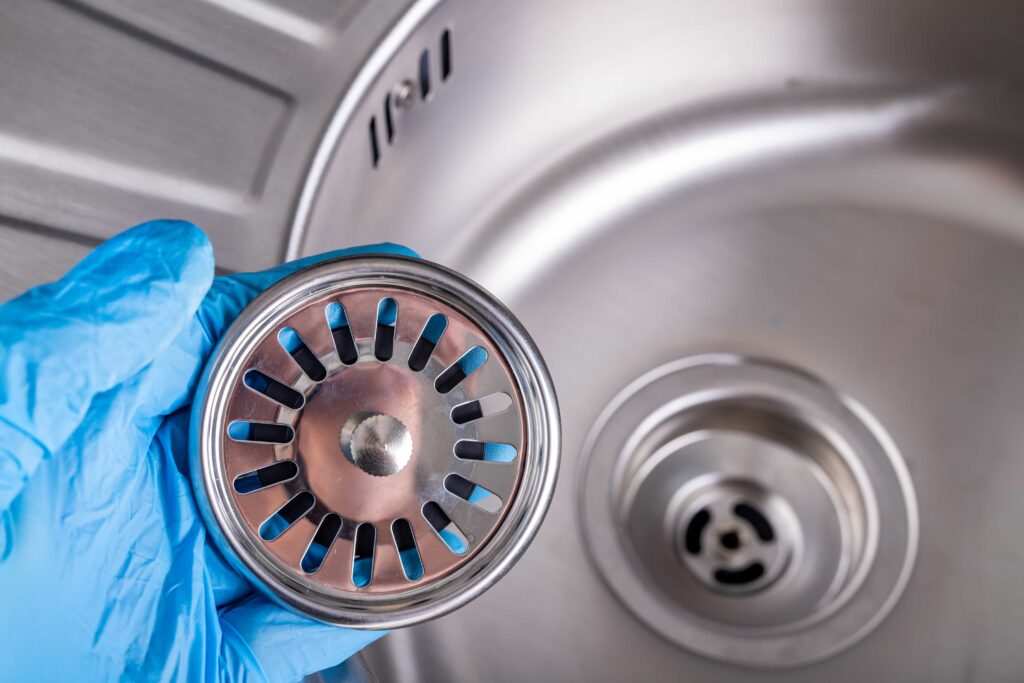
One of the most straightforward preventive measures you can take is to use a sink grate or strainer.
This helpful tool can catch larger items, like food particles and hair, before they go down the drain and cause clogs. Just make sure to clean the grate or strainer regularly to ensure it functions correctly.
6. Proper Disposal of Grease and Oils
Grease, fats, and oils should never be poured down the drain as they can solidify and cause significant blockages in your plumbing system. Instead, collect them in a container and dispose of them in the trash, or consider repurposing or recycling them.
7. Be Careful with Soap
Opt for liquid soap over bar soap wherever possible. Bar soap tends to leave more soap scum and residue, which can build up in pipes and lead to clogs. Liquid soap is generally less likely to leave residue in your plumbing system.
8. Limit the Use of In-Sink Garbage Disposal
If you have an in-sink garbage disposal, use it sparingly. While it can handle some food waste, it’s better to compost where possible. Items like coffee grounds, eggshells, and fibrous vegetables can dull the blades and cause clogs, so dispose of them in the trash or compost instead.
9. Regular Professional Check-Ups
Schedule regular professional check-ups for your plumbing system. Experienced plumbers can spot and address minor issues before they turn into significant, costly problems. They can also perform thorough cleanings to help ensure your pipes remain clear and functional.
10. Educate Your Household
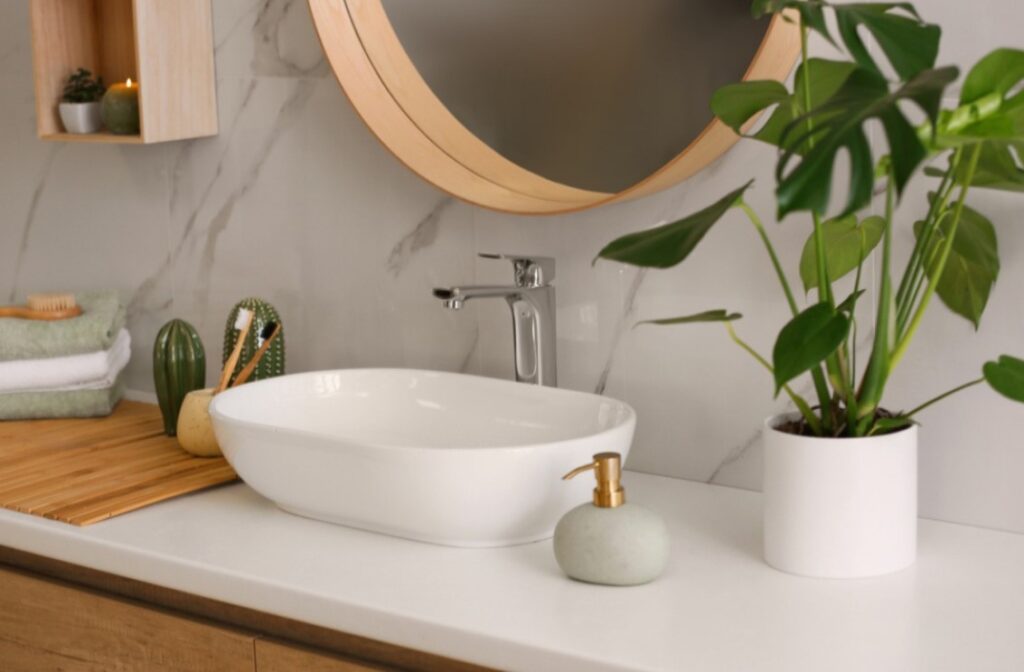
Make sure everyone in your household knows what should and should not go down the drain. Education is a crucial step in preventing clogs and ensuring your plumbing system stays in good working condition.
11. Utilize Baking Soda and Vinegar
A mixture of baking soda and vinegar can help break down minor blockages and keep your drains smelling fresh. Pour a cup of baking soda followed by a cup of vinegar down the drain, wait for about 15 minutes, and then flush the drain with hot water.
12. Use Drain Covers
Utilize drain covers to prevent large particles, hair, and other debris from entering the drain. Especially in the shower, where hair and soap scum can quickly accumulate, a drain cover can be an invaluable tool for preventing clogs.
Final Words
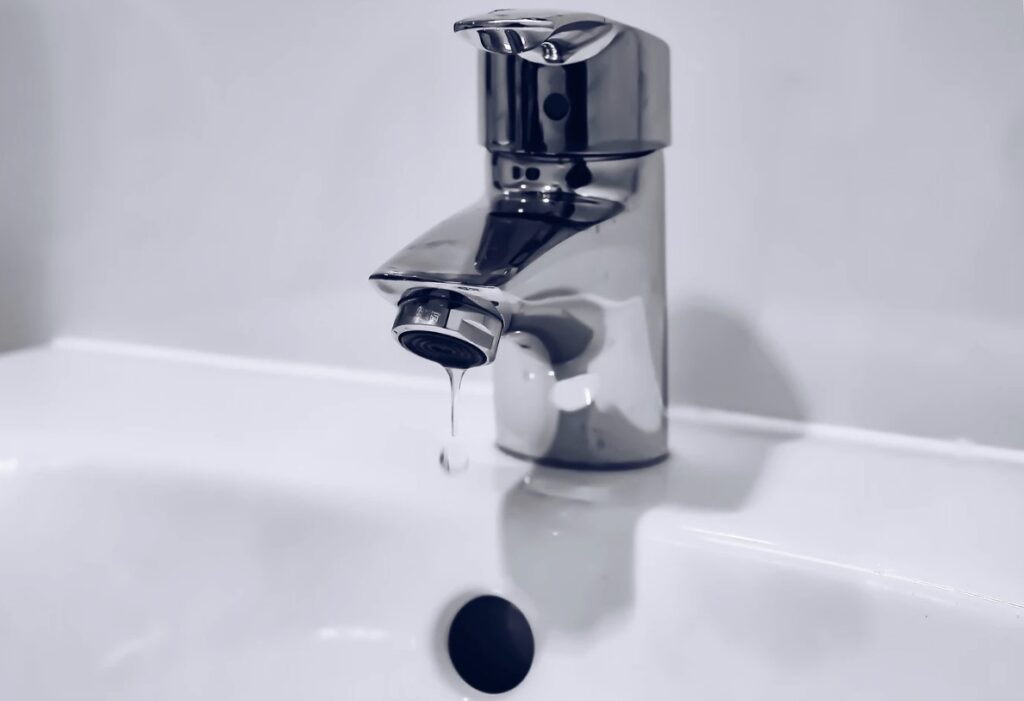
Practicing these additional strategies can help you effectively prevent frequent bathroom sink clogs. Consistent maintenance, regular cleaning, and being cautious about what goes down the drain are crucial in maintaining clear and functional drains.
Implement these habits in your daily routine and encourage your household members to do the same for a smooth and hassle-free plumbing experience.
Remember, prevention is always better, easier, and less expensive than dealing with clogs and potential damage to your plumbing system.
